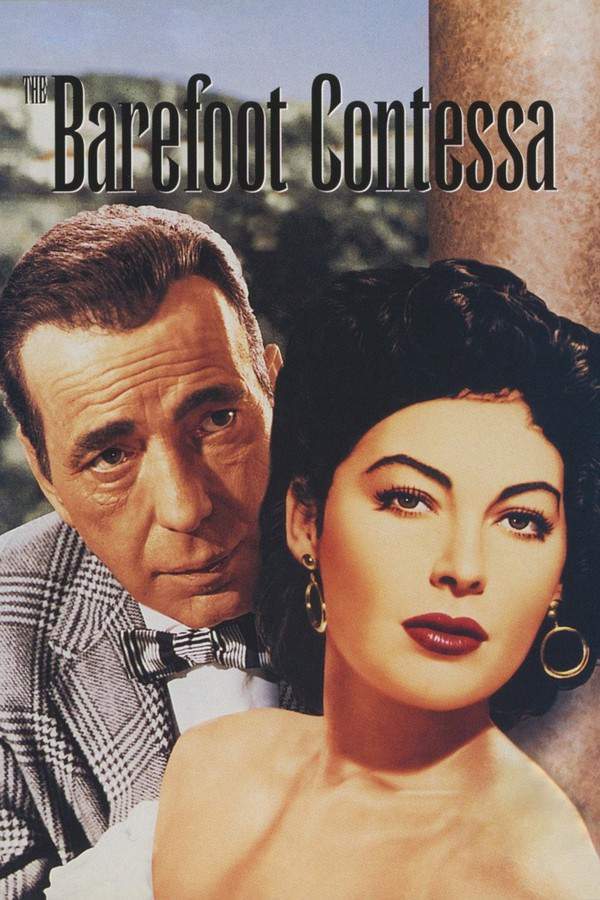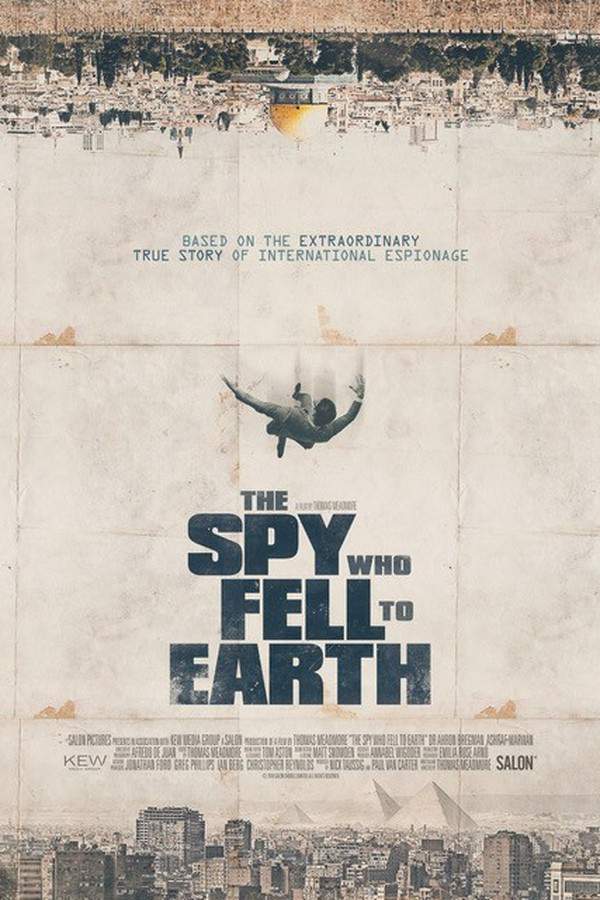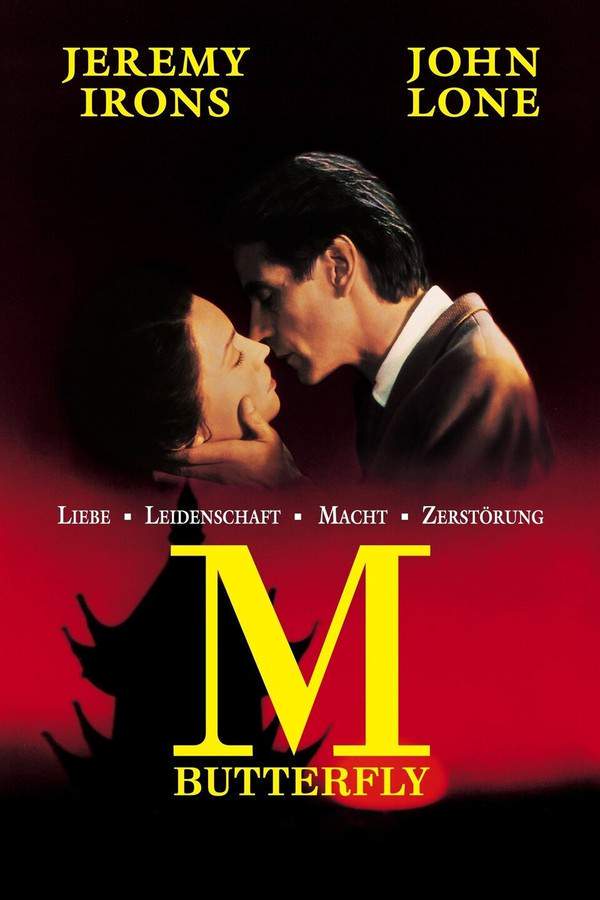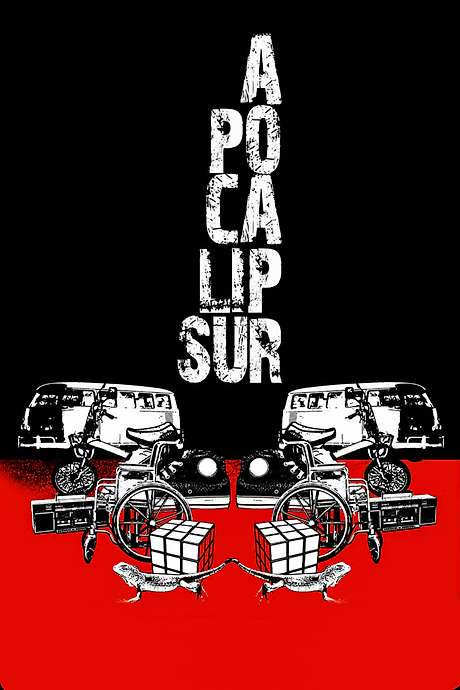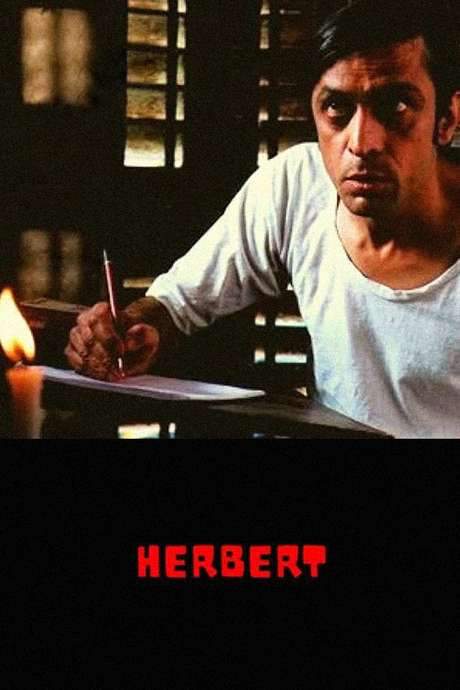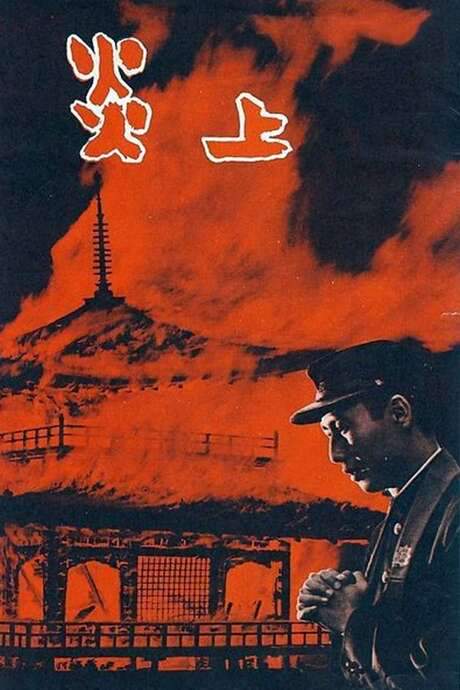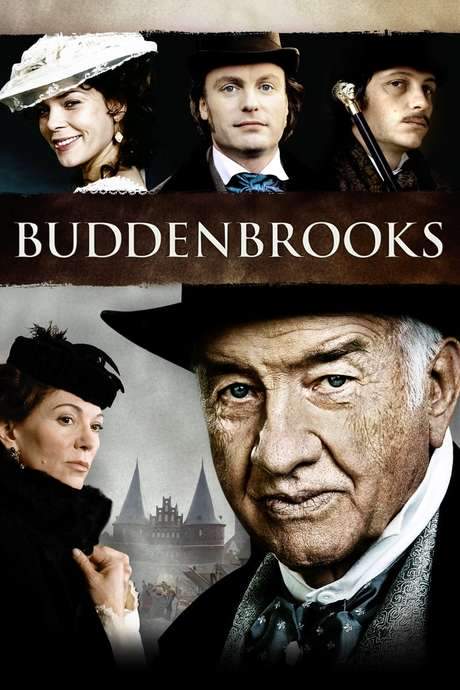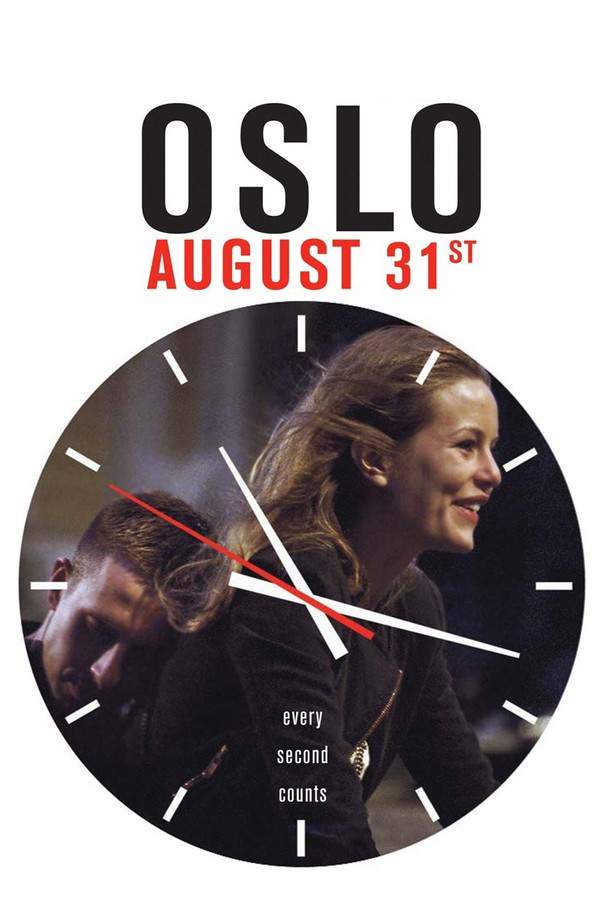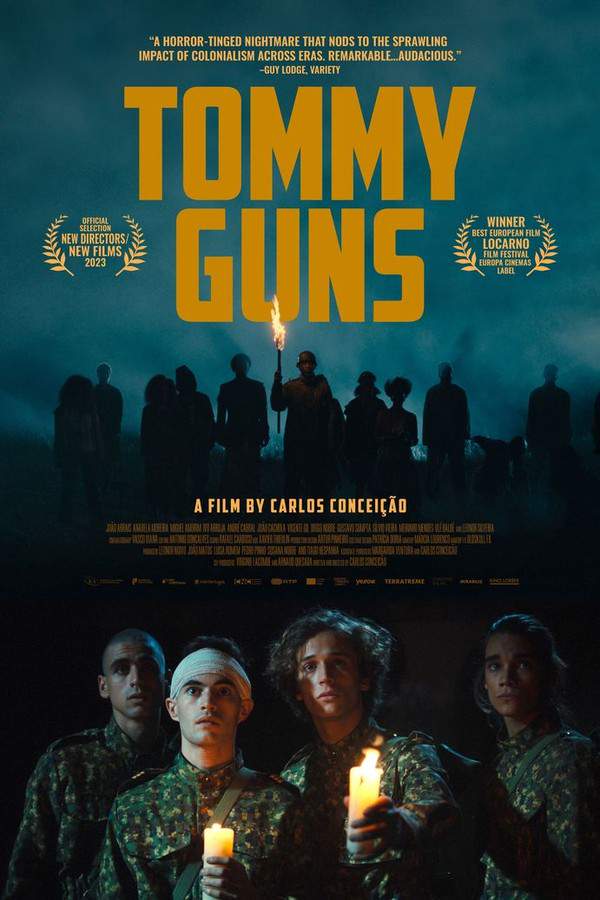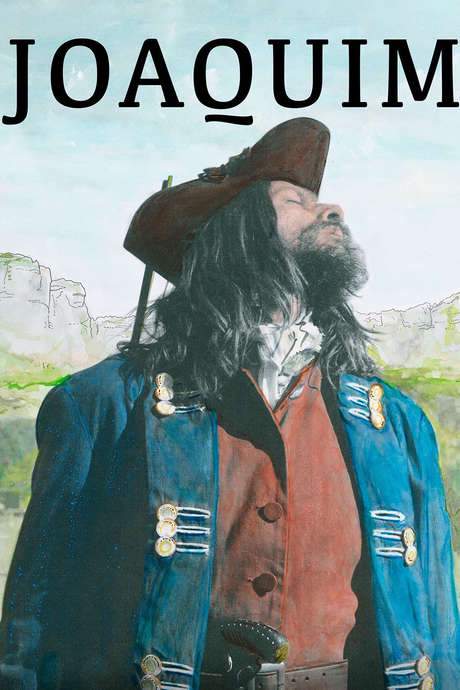
No, or the Vain Glory of Command
Year: 1990
Runtime: 107 mins
Language: Portuguese
Through a series of flashbacks, a conscripted history student narrates key episodes from Portugal’s entire military past to his comrades as they march through a rebellious African colony in 1973, linking past glories and defeats to the present conflict.
Warning: spoilers below!
Haven’t seen No, or the Vain Glory of Command yet? This summary contains major spoilers. Bookmark the page, watch the movie, and come back for the full breakdown. If you're ready, scroll on and relive the story!
No, or the Vain Glory of Command (1990) – Full Plot Summary & Ending Explained
Read the complete plot breakdown of No, or the Vain Glory of Command (1990), including all key story events, major twists, and the ending explained in detail. Discover what really happened—and what it all means.
The film opens in early April 1974, with a small group of Portuguese soldiers pushing through dense jungle in a military truck, headed toward a base from which they will engage guerrillas from a liberation movement. The unit is led by Lieutenant Cabrita, a reflective officer who continually questions the purpose of their war. Alongside him march Cpl. Brito and Pvt. Manuel, among others, all sharing a quiet, almost existential sense of fatalism about Portugal’s place in the world. The narrative voice that frames their journey is provided by the Narrator, guiding us through a story that feels both immediate and historically distant.
From the moving base toward the frontline, the film unfolds a sequence of historical flashbacks that Cabrita uses to interpret the present. In the first, the legendary guerrilla leader Viriathus fights the Roman invaders, a reminder that valor and struggle have deep roots in Lusitania, even as victory does not always translate into lasting peace. In the next memory, Portugal’s dream of uniting with Spain is thwarted during the Castilian War of Succession, with King Afonso V defeated at Toro, underscoring how political ambition can derail grand visions. A third recollection shows a peaceful but doomed attempt at unification through marriage, cut short by the sudden death of a Portuguese prince, a moment that foreshadows the fragility of dynastic schemes and the costs of history.
As night falls, the camp settles and Cabrita reflects on what truly matters beyond territory and conquest. He speaks of leaving a legacy in humanity rather than taking land, invoking Portugal’s long history of exploration and discovery. In a fourth flashback, Vasco da Gama sails toward the mythical Isle of Love, guided by the goddess Venus and shown by the goddess Thetis the cosmic harmony of the world—an emblem of idealized voyage and reward. The soldiers drift toward sleep yet remain haunted by the past, where the dream of empire persists as a force that continues to shape the present.
Before dawn, the group encounters a new sequence of memory: the ill-fated Battle of Alcácer Quibir in 1578, where Dom Sebastião leads a heterogeneous army into catastrophe. The battle’s massacre reverberates as a symbol of a lost utopian project—the Fifth Empire—an idea that Cabrita refers to when contemplating the weight of history on national fate. The film’s title-looming question lingers: can any empire truly endure, or is all grandeur a temporary illusion?
The morning brings an abrupt ambush by guerrillas, and Cabrita is gravely wounded. As he is airlifted to a military hospital, his consciousness drifts back into the historical chaos, and he envisions himself as [Dom João] of Portugal amid the carnage of Alcácer Quibir. A wounded knight confronts a despairing monologue about the word “Non,” a stark moment that the knight uses to express the definitive end of hope. The vision intensifies as the knight kills himself, a brutal reminder of how history’s sins echo through the present.
In the hospital ward, Cabrita fights for life as morphine dulls the edge of reality. The spectral figure of Dom Sebastião reappears, squeezing a sword until blood beads at the tip, a visual echo of his own fate. Despite every effort, Cabrita dies on April 25, 1974—the very day that Portugal’s Carnation Revolution would redefine the nation’s course. The final credits roll to the melancholy sound of a song from The Lusiads, leaving a lasting impression of a country’s painful reckoning with its past and its future.
Last Updated: October 09, 2025 at 15:03
Explore Movie Threads
Discover curated groups of movies connected by mood, themes, and story style. Browse collections built around emotion, atmosphere, and narrative focus to easily find films that match what you feel like watching right now.
Historical dramas about the futility of war like in No, or the Vain Glory of Command
Stories where past and present collide to reveal the cyclical tragedy of ambition.Discover movies like 'No, or the Vain Glory of Command' that use complex narratives to dissect history's cycles. If you were fascinated by its linking of Portugal's military past to a colonial present, you'll find similar films here that explore national identity, the burden of history, and the bleak repetition of conflict.
Narrative Summary
The narrative pattern involves a framing story, often in a critical present moment, that triggers reflections or flashbacks to pivotal historical events. This structure is used to draw direct parallels, forcing characters—and the audience—to confront the repetitive and often futile nature of historical forces like imperialism and war, leading to a sense of profound disillusionment.
Why These Movies?
Movies in this thread are grouped by their shared intellectual and emotional approach to history. They are not just period pieces but philosophical inquiries that use a non-linear or comparative structure to argue a point about destiny, futility, and the psychological weight of the past, resulting in a heavy, melancholic viewing experience.
Bleak anti-war dramas with a philosophical tone like No, or the Vain Glory of Command
Bleak and philosophical films that dissect the psychological trauma and pointlessness of conflict.If the heavy, reflective, and fatalistic atmosphere of 'No, or the Vain Glory of Command' resonated with you, this list features similar anti-war films. These movies prioritize mood and philosophical questioning over action, sharing a melancholic tone and a complex, often bleak perspective on military conflict and its human cost.
Narrative Summary
Stories in this thread often follow soldiers or officers in a state of questioning and moral decay. The plot is secondary to the emotional and philosophical journey, which typically involves a loss of conviction, an confrontation with meaningless violence, and a descent into a bleak, hopeless realization about the nature of the conflict they are involved in.
Why These Movies?
These films share a core DNA of mood and purpose: they are intentionally heavy, slow, and intellectual in their approach to war. The similarity lies in the oppressive, melancholic atmosphere, the focus on internal crisis rather than external victory, and the unwavering commitment to a bleak, anti-heroic conclusion that underscores the central theme of futility.
Unlock the Full Story of No, or the Vain Glory of Command
Don't stop at just watching — explore No, or the Vain Glory of Command in full detail. From the complete plot summary and scene-by-scene timeline to character breakdowns, thematic analysis, and a deep dive into the ending — every page helps you truly understand what No, or the Vain Glory of Command is all about. Plus, discover what's next after the movie.
No, or the Vain Glory of Command Timeline
Track the full timeline of No, or the Vain Glory of Command with every major event arranged chronologically. Perfect for decoding non-linear storytelling, flashbacks, or parallel narratives with a clear scene-by-scene breakdown.

Characters, Settings & Themes in No, or the Vain Glory of Command
Discover the characters, locations, and core themes that shape No, or the Vain Glory of Command. Get insights into symbolic elements, setting significance, and deeper narrative meaning — ideal for thematic analysis and movie breakdowns.

No, or the Vain Glory of Command Spoiler-Free Summary
Get a quick, spoiler-free overview of No, or the Vain Glory of Command that covers the main plot points and key details without revealing any major twists or spoilers. Perfect for those who want to know what to expect before diving in.

More About No, or the Vain Glory of Command
Visit What's After the Movie to explore more about No, or the Vain Glory of Command: box office results, cast and crew info, production details, post-credit scenes, and external links — all in one place for movie fans and researchers.

Similar Movies to No, or the Vain Glory of Command
Discover movies like No, or the Vain Glory of Command that share similar genres, themes, and storytelling elements. Whether you’re drawn to the atmosphere, character arcs, or plot structure, these curated recommendations will help you explore more films you’ll love.
Explore More About Movie No, or the Vain Glory of Command
No, or the Vain Glory of Command (1990) Scene-by-Scene Movie Timeline
No, or the Vain Glory of Command (1990) Movie Characters, Themes & Settings
No, or the Vain Glory of Command (1990) Spoiler-Free Summary & Key Flow
Movies Like No, or the Vain Glory of Command – Similar Titles You’ll Enjoy
The Woman King (2022) Full Summary & Key Details
Tommy Guns (2023) Ending Explained & Film Insights
Joaquim (2017) Ending Explained & Film Insights
Uncertain Glory (2017) Plot Summary & Ending Explained
Brave New Land (2000) Full Summary & Key Details
April Captains (2000) Spoiler-Packed Plot Recap
Oro, Plata, Mata (1982) Movie Recap & Themes
A Portuguese Farewell (1986) Detailed Story Recap
Year of Enlightment (1986) Story Summary & Characters
The Cannibals (1988) Complete Plot Breakdown
Pedro, Between the Devil and the Deep Blue Sea (2021) Spoiler-Packed Plot Recap
The Year of the Death of Ricardo Reis (2020) Full Summary & Key Details
Scenes from the Class Struggle in Portugal (1977) Film Overview & Timeline
Voyage to the Beginning of the World (1997) Full Movie Breakdown
A Vida Privada de Salazar (2009) Detailed Story Recap

